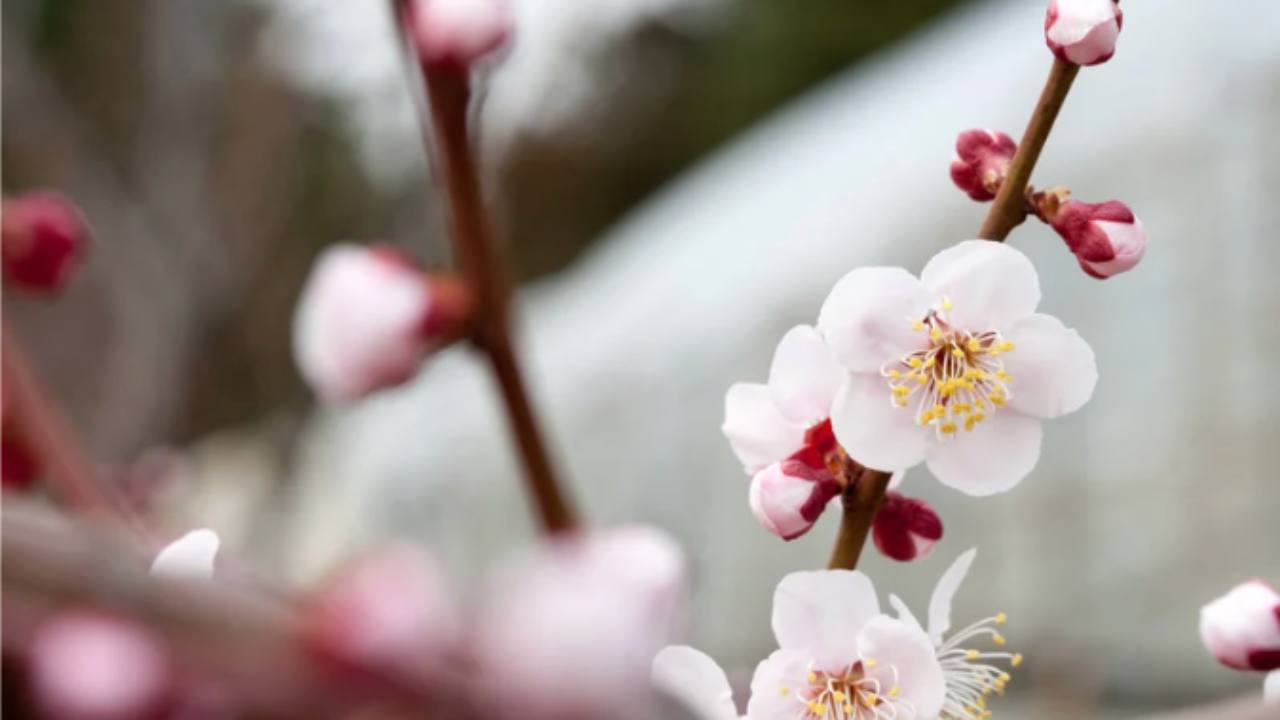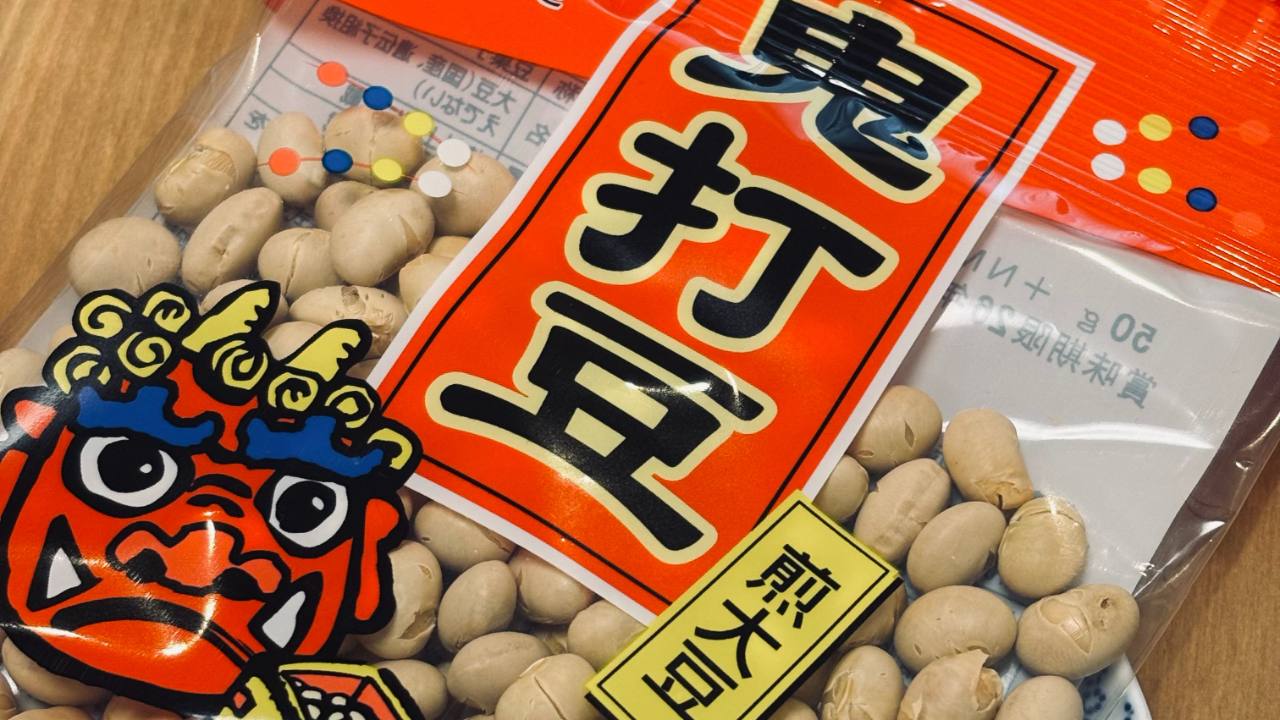日本古来の黄色/Ancient Japanese yellow
こんにちは、いろはです。
先日このニュースレターで、日本語でいう「青」には実際には緑色も含まれる時がある、というお話をしました。
Hello, this is Iroha.
In a recent newsletter, I shared how the Japanese word “ao” (青) doesn’t only refer to “blue” in the modern sense—it can also include what we would now call green.
そうしたら「黄色はどうですか?」というご質問をいただいたので、黄色についても少し書いてみたいと思います。
After that, someone kindly asked, “What about yellow?”
So today, I’d like to talk a little about that.
日本の色の起源
日本最古の色名としては、『古事記』(712年)や『日本書紀』(720年)に「しろ・くろ・あか・あお」が登場するそうです。つまり、この4つしか、色名は存在していなかったと考えられます。
The Origins of Colour in Japanese
According to Japan’s oldest written texts—the Kojiki (712) and Nihon Shoki (720)—only four colour words appear: white (shiro), black (kuro), red (aka), and blue (ao).
In other words, these were the only officially recognised colour terms at the time.
では黄色い花は何色と呼んでいたのでしょう?
So… how did people describe yellow flowers?
平安時代から黄色の感覚の表現に使われてきたのは「山吹色(ヤマブキイロ)」だったようです。
From the Heian period (794–1185), it seems that the colour yamabuki-iro (山吹色) was used to express the feeling of yellow.
ヤマブキというのは植物の名前で、黄色い花を春に咲かせます(このニュースレターのWebsite版タイトルに写真を載せておきます)。
Yamabuki refers to a plant that blooms with bright yellow flowers in spring. (I’ll include a photo on the website version of this newsletter.)
日本古来の色は花の名前からとられたものが多いそうで、「ヤマブキの花の色」という呼び方をしていたのですね。
Many traditional Japanese colour names come from flowers, and “yamabuki-iro” literally means “the colour of the yamabuki blossom.”
のちに、この山吹色は鮮やかな強い黄色のイメージを代表して使われていたそうです。
Over time, this name came to represent a strong, vivid yellow in general.
春の終わり、夏の始まり
ちなみに、日本古来の春は「梅」の花に始まり、「藤」と「山吹」の花で終わるそうです。
The End of Spring, the Start of Summer
By the way, it’s said that traditional spring in Japan begins with ume (plum) blossoms, and ends with fuji (wisteria) and yamabuki.
Now, the wisteria season is just about over, and we’re gradually stepping into early summer.
藤の見頃もそろそろ終わり、春から初夏に入ってきました。湿気も感じられ「早くも梅雨?」と思うような陽気です。
The air already carries a bit of moisture, making me wonder if the rainy season is just around the corner.
皆様もお身体ご自愛くださいませ。
いろは
Please take care of yourselves as the seasons change.
Warm wishes,
Iroha





